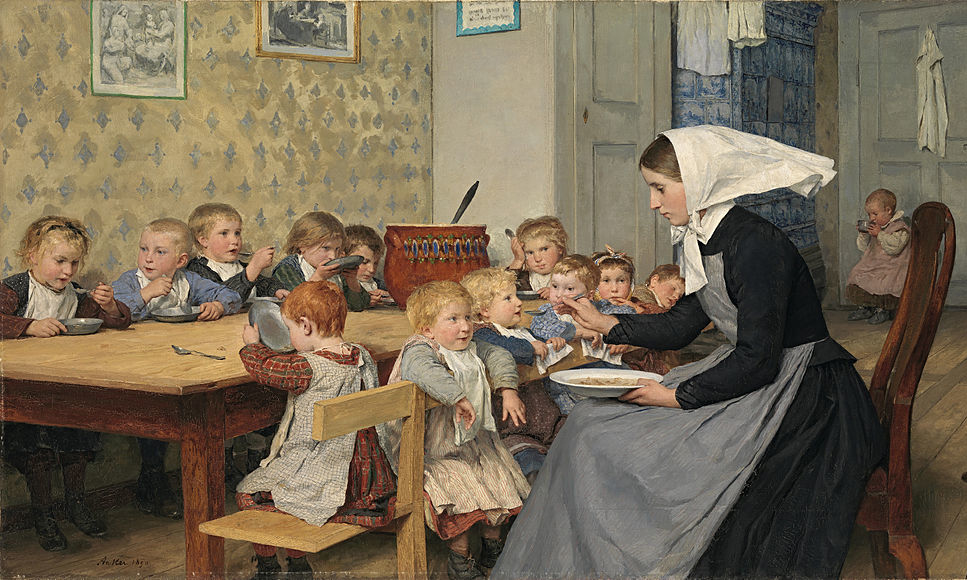Feeding children what is good for them is sometimes difficult. The healthy foods that will nourish them and support their growth often seem unattractive or foreign. It may take some time for the kids to learn to enjoy true nourishment. So, parents sometimes need to ask children to trust, obey, and eat what they are served.
The prophet Ezekiel seems to be in a similar predicament in the first reading from today’s Mass. The Lord prepares a scroll with words of “lamentation and wailing and woe” for the prophet to eat (Ez 2:10). At first glance, Ezekiel may have seen this as rather unattractive fare. But the Lord assures his prophet that the food of his words will fill the prophet’s belly. The Lord then feeds the scroll to Ezekiel, to whom it tastes like honey. In the following verses, God commissions Ezekiel to go and nourish God’s people, Israel, speaking to them the same words he received. But God warns the prophet that the people will be stubborn and will refuse to be nourished by his words of truth. Hearing about the unpopularity of God’s words after consuming them may have problematized their digestion, like it did for St. John in the Book of Revelation. It turns out that, while sweet to the taste, God’s true words can also upset one’s stomach.
This dynamic of eating, digesting, and sharing the Word of God plays out in the lives of all Christians called by Baptism to share in Christ’s prophetic office. Like Ezekiel, we hear the Lord say to us, “Eat what is before you” (Ez 3:1). We must receive God’s Word, Christ, and all his truths and all his teachings, trusting that the Father wills to nourish us with them. Sometimes this will feel sweet and pleasant. But even if the Word feels unpleasant, it is what we need for nourishment and growth in the spiritual life. Once we have eaten of the Word of God, then the Lord sends us forth to speak the same Word to others. And if we worry that our words will be unwelcome, we can take comfort in that advice given to Dante, a sort of medieval poet-prophet, when he worried about sharing the Word:
“All murky consciences,
who feel their own or any other’s shame
are bound to baulk at your abrasive words.
But nonetheless, all lies put clean aside,
make plain what in your vision you have seen,
and let them scratch wherever they may itch.
For if at first your voice tastes odious,
still it will offer, as digestion works,
life-giving nutriment to those who eat.” (Paradiso, XVII 124-132)
✠
Image: Albert Anker, The Crèche







